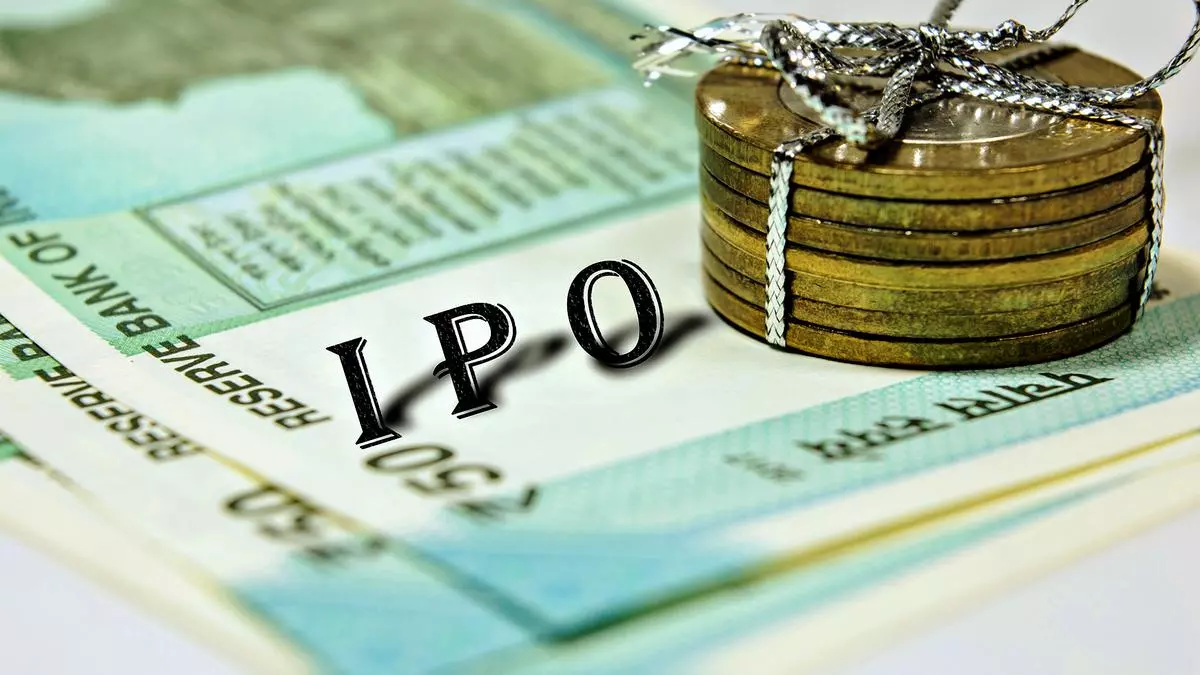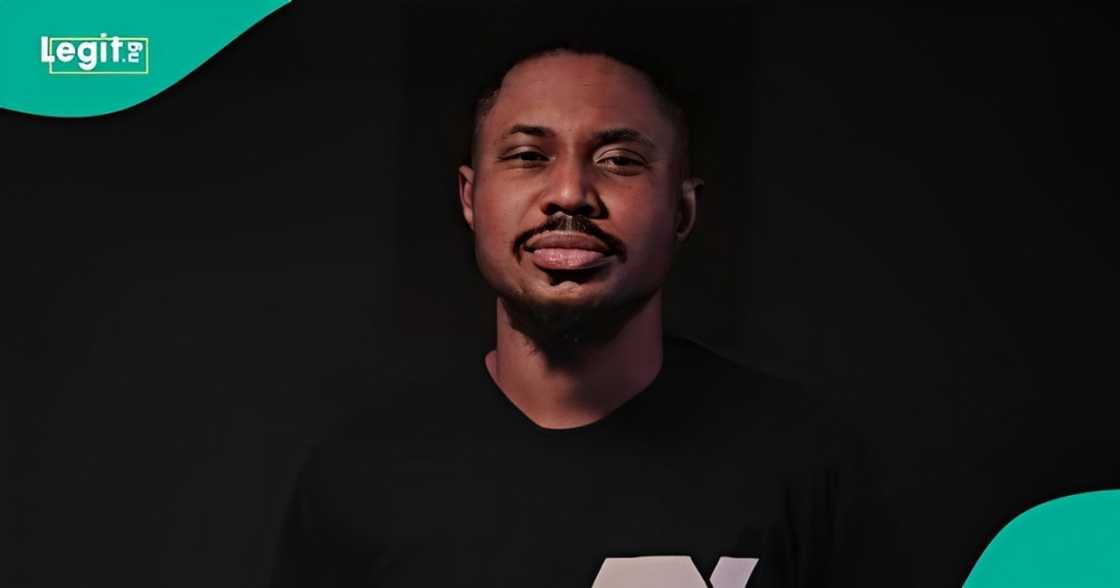bet365 app download for android
 bet365 app download for android
bet365 app download for android
India's National Consumer Helpline (NCH) is all set to get a major upgrade with the addition of artificial intelligence (AI) capabilities. The upgraded system, dubbed NCH 2.0, will be equipped with speech recognition and multilingual chatbots. This tech transformation will make the process of filing consumer complaints in different local languages much easier. NCH 2.0: A leap in consumer protection The introduction of AI capabilities into the NCH marks a major shift in India's consumer protection platform. Currently, the system works in 17 languages, but with the upgrade to NCH 2.0, consumers will be able to lodge complaints through voice input in their local languages. Helpline usage sees significant increase amid technological upgrades The NCH has seen a massive surge in usage, with monthly calls jumping to 141,817 in January 2024 from 14,795 in January 2015. Monthly complaint registrations have also more than tripled to 112,468 this year from 37,062 in 2017. The Department of Consumer Affairs said that these tech upgrades are aimed at making the grievance filing process more seamless and efficient. Partnering with over 1,000 firms for faster complaint resolution As part of its Convergence Program, the NCH has also announced strategic partnerships with over 1,000 companies. The initiative seeks to speed up the resolution of consumer complaints. The program has grown to include major firms across sectors such as e-commerce , travel, education, and banking. The number of participating companies has grown nearly fourfold from 263 in 2017 to 1,009 currently. NCH to discuss partnership with companies with high grievance numbers The Department of Consumer Affairs has flagged a few major companies with high grievance numbers, such as Delhivery Ltd and Domino's Pizza. They are set to hold talks next week to bring them on board the partnership program. This comes as part of the department's continued efforts to strengthen consumer protection and fast-track the resolution of complaints through strategic partnerships. Multiple channels available for consumers to access NCH Consumers can contact the NCH via a toll-free number (1915), WhatsApp , SMS, email, and a dedicated mobile app. If complaints are not resolved, they can be escalated to the Consumer Commission under the Consumer Protection Act of 2019. This multi-channel approach ensures that consumers have multiple ways to voice their concerns and seek redressal.
No. 21 Nebraska women lose the 3-point battle, and an entertaining game, to Creighton
AIoT enables smart devices to not only collect and exchange data but also process and analyse it in real-time Edge-as-a-Service (EaaS) offers a list of comprehensive solutions, providing the tools and infrastructure necessary to strengthen data protection in AIoT environments Deploying AIoT at the edge offers operational benefits but adds security challenges As the convergence of artificial intelligence (AI) and the Internet of Things (IoT) transforms industries, the Artificial Intelligence of things (AIoT) is emerging as a game-changing technological advancement . AIoT enables smart devices to not only collect and exchange data but also process and analyse it in real-time, leading to better decision-making across applications such as smart cities, industrial automation, and healthcare. A significant enabler of this technology is edge computing, which allows data to be processed closer to its source, reducing latency and bandwidth usage. However, this growing adoption of AIoT at the edge introduces critical security challenges. To address these, Edge-as-a-Service (EaaS) offers a list of comprehensive solutions, providing the tools and infrastructure necessary to strengthen data protection in AIoT environments. AIoT integrates the power of artificial intelligence with IoT devices, enabling real-time data analysis and intelligent automation. This convergence allows devices to make decisions autonomously, streamlining processes in various industries. For example, in smart cities, AIoT can optimise traffic flow, reduce energy consumption, and improve public safety. In industrial automation, AIoT systems can predict equipment failures and optimise production lines, while in healthcare, wearable devices and smart medical systems monitor patients in real-time, alerting medical professionals to potential health risks. Edge computing, on the other hand, refers to the practice of processing data closer to the point of origin rather than relying solely on centralised cloud infrastructure. By moving data processing to the edge, companies can reduce latency and bandwidth consumption while enabling faster decision-making. However, this decentralised model also increases the complexity of securing these systems. While AIoT offers immense benefits, the deployment of these solutions at the edge presents significant security risks. One of the primary concerns is data breaches. Edge devices often process sensitive information locally, making them susceptible to unauthorised access. In fact, according to a report by Keyfactor and Vanson Bourne , 69% of companies reported increase in data breach and cyberattacks in the past three years, further highlighting this concern. Another major risk is cyberattacks. With edge computing’s distributed architecture, each connected device becomes a potential entry point for attackers. This expanded attack surface makes it easier for cybercriminals to exploit vulnerabilities. Insider threats also pose challenges. As the number of edge devices grows, it becomes increasingly difficult to manage and monitor security, creating opportunities for malicious insiders to compromise systems. Additionally, device compromise is a risk, as AIoT devices located in remote or unsecured areas can be physically tampered with or hacked. High-profile cases, such as the Mirai botnet attack , in which millions of IoT devices were hijacked to launch a massive DDoS attack, illustrate the potential dangers. Edge-as-a-Service (EaaS) is an emerging solution that simplifies the deployment, management, and security of edge infrastructure. EaaS allows businesses to outsource the complexity of managing their edge environments to specialised providers who offer built-in security frameworks designed to address the unique challenges of edge computing. One of the key benefits of EaaS is encryption, which ensures that data is protected both in transit and at rest. This reduces the risk of data breaches by preventing unauthorised parties from accessing sensitive information. EaaS also incorporates access control mechanisms, such as secure authentication and authorisation, ensuring that only authorised users and devices can interact with the system. EaaS enhances security through zero-trust architecture, continuously verifying users and devices to prevent unauthorised access. It also offers real-time monitoring, AI-driven threat detection, and automated patch management, ensuring edge devices stay updated and secure. EaaS enhances data protection in AIoT systems by providing continuous monitoring, ensuring rapid identification and response to potential security threats. In addition, EaaS services offer automated software updates and patches, ensuring that vulnerabilities are addressed as soon as they are identified. This reduces the risk of security breaches caused by outdated software. EaaS also leverages AI-powered anomaly detection, which can identify unusual activity or deviations from normal patterns that may indicate a security breach. This proactive approach to security allows businesses to respond to threats more effectively, minimising potential damage. As AIoT deployments continue to grow, the importance of security will only intensify. EaaS will play a critical role in ensuring that AIoT systems remain secure as they scale across industries. The demand for robust security measures will likely increase, with EaaS providers leading the charge in offering scalable, secure, and cost-effective solutions. Regulatory compliance will also play a key role in shaping the future of AIoT security. As data protection laws such as GDPR and CCPA evolve, businesses will need to ensure that their AIoT systems comply with these regulations. EaaS providers will be instrumental in helping companies navigate these complex requirements. Deploying AIoT at the edge offers operational benefits but adds security challenges. EaaS addresses these risks with encryption, real-time monitoring, and Zero-Trust architecture, ensuring secure, scalable deployments. Businesses that adopt EaaS will be better equipped to succeed as AIoT adoption grows. Step up your startup journey with BHASKAR! From resources to networking, BHASKAR connects Indian innovators with everything they need to succeed. Join today to access a platform built for innovation, growth, and community.
Twenty-year-old Estonian Paul Aron will be Alpine's reserve driver next season, the Renault-owned Formula One team said on Saturday. The Hitech Formula Two driver replaces Australian Jack Doohan, who will move up to a race seat following the departure of Esteban Ocon to Haas at the end of the year. Aron is currently fourth in the F2 championship and still in the title reckoning. "There is a generational shift in Formula One at the moment, as we see with many young drivers coming into the sport and making an impact," said Alpine's executive advisor Flavio Briatore. "We believe Paul is one of the best talents and we look forward to developing him into an F1 driver." Published - December 01, 2024 05:22 am IST Copy link Email Facebook Twitter Telegram LinkedIn WhatsApp Reddit motor racing / sport
TEHRAN – Time magazine chose Ayatollah Ruhollah Khomeini, the founder of the Islamic Revolution, as its Man of the Year for 1979. The magazine’s editors explained at the time that they sought to recognize the individual who "had done the most to change the news, for better or for worse." Without a doubt, the Islamic Revolution in Iran in 1979 was one of the most impactful events of the latter half of the 20th century. Both before and after the revolution’s victory in February of that year, the world's most prominent newspapers and magazines extensively covered the unfolding events, focusing particularly on its leader, Ayatollah Ruhollah Khomeini, more widely known as Imam Khomeini. In late December 1979, Time magazine's correspondents in Iran, L. Bruce van Voorst and Roland Flamini, traveled to the holy city of Qom to interview the revolution's leader on December 29th. This was just a day before the American weekly announced him as Man of the Year. The interview focused on topics such as the crimes of the Shah’s regime, the nature of the Islamic Revolution, international developments, the collapse of the bipolar world order, and the fate of the American detainees who had been held in Iran since the U.S. Embassy takeover on November 4th. Time described Imam Khomeini as "an old man of 79" who lived in “his modest home in the holy city of Qom,” a leader who had shaken the world. “One thing is certain: the world will not again look quite the way it did before Feb. 1, 1979, the day on which [Imam] Khomeini flew back to a tumultuous welcome in Tehran after 15 years in exile,” the magazine wrote. He was the second Iranian political figure to be named Man of the Year by Time, following democratically elected Prime Minister Mohammad Mossadegh, who was ousted in a US-led coup in 1953. Imam Khomeini challenged the established world order and the two superpowers with his unwavering positions. Time’s editors likely portrayed a sullen-looking Imam Khomeini due to their disapproval of the American detainees being held in Tehran. The revolutionary leader had thrown his support behind the students who had stormed the U.S. Embassy, which they dubbed the “Den of Espionage.” In the interview, when asked about the American detainees’ release, Imam Khomeini replied, “We want to prove to the world that superpowers can be defeated by the power of faith. We will stand against America with all our might. We fear no power.” “The revolution that he led to triumph threatens to upset the world balance of power more than any other political event," the Time article concluded. "It wasn't just its Islamic aspect. Non-Muslim nations, too, were likely to be drawn to the spectacle of a rebellion aimed at expelling all foreign influence," the article stated. The American magazine further cautioned about the Iranian leader's inspiring ideas, noting that their influence would spread from the Indian subcontinent to Turkey and southward through the Arabian Peninsula to the Horn of Africa. "Most significantly," it warned, "the revolution that transformed Iran into an Islamic republic, with the Quran as its supreme law, was undermining the stability of the Middle East. This region supplies more than half of the Western world's imported oil and sits at the strategic crossroads of superpower competition." Time praised Imam Khomeini for leading the revolution that overthrew the Shah regime, explaining that "as America's surrogate policeman of the Persian Gulf, the U.S. had given the Shah its full support. President Richard Nixon and Secretary of State Henry Kissinger allowed him to purchase all the modern weapons he desired.” Time went on to acknowledge that "Even after the revolution had begun, U.S. officials remained convinced that 'there is no alternative to the Shah.'" Regarding Imam Khomeini’s undeniable influence within Iran, the weekly wrote, "When he called for strikes, his followers shut down banks, the postal service, factories, food stores, and most importantly, the oil wells, bringing the country close to paralysis." The article also attributed the rise of the Islamic movement led by Imam Khomeini to Western colonialism. "Muslims have bitter memories of over a century of Western colonialism, which kept most Islamic countries in subjugation until a generation ago. They tend to see U.S. support for Israel as a continuation of this imperialist tradition." Time further stated in the lengthy article that the late founder of the Islamic Revolution inspired Muslims in countries like Libya, India, and Bangladesh to stage anti-American demonstrations. The piece continued, noting that Muslims in Islamabad, the capital of Pakistan, burned the U.S. embassy and killed two U.S. servicemen. "In Saudi Arabia, possessor of the world's largest oil reserves, the vulnerability of the royal family became starkly apparent when a group of 200 to 300 well-armed raiders seized the Sacred Mosque in Mecca, the holiest of all Islamic shrines, which is under the protection of King Khalid.” Time described the Iranian revolution as the first major international “crisis” that was not an East-West conflict. The American magazine further cautioned against the appeal of Imam Khomeini’s Islamic Revolution to non-Muslim nations in the East. It argued that the Iranian Revolution called into question the viability of modernization and industrialization theories promoted by the West to avert anti-American uprisings. The Iranians, the article suggested, demonstrated that culture was a significant factor. It urged action to "keep future Third World revolutions from taking an anti-American turn." “The Iranian revolution has also had a dramatic impact on Western economies. 1979 was the year the world economy moved from an era of recurrent oil surpluses into an age of chronic shortages,” Time’s article also stated. “If there had been no revolution in Iran... 1979 would have been a normal year.” The article also urged for addressing the Palestine issue, stating, "The extent to which the Palestinian problem has inflamed passions, even among Arabs who consider themselves pro-U.S., is not at all understood by Americans." Washington must bear in mind that Iran today, under the leadership of the Imam’s successor, Ayatollah Seyyed Ali Khamenei, is in a far more powerful position compared to the early years after the Revolution. Therefore, one can say, in Imam's words, "America can't do a damn thing" against Iran.A NEW TOP GUN: Maverick McNealy earns first career win at RSM Classic
- Previous: bet365 alternative link
- Next: bet365 bingo




